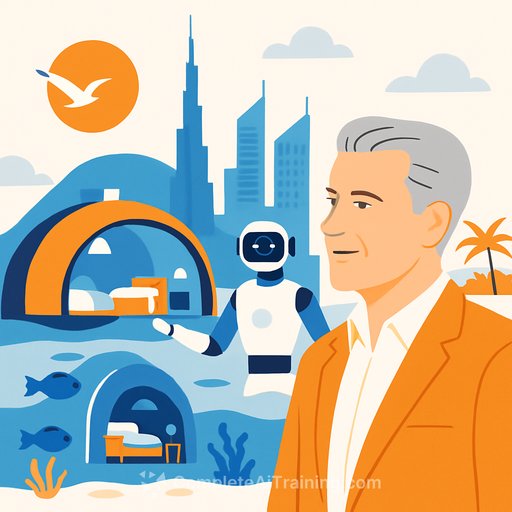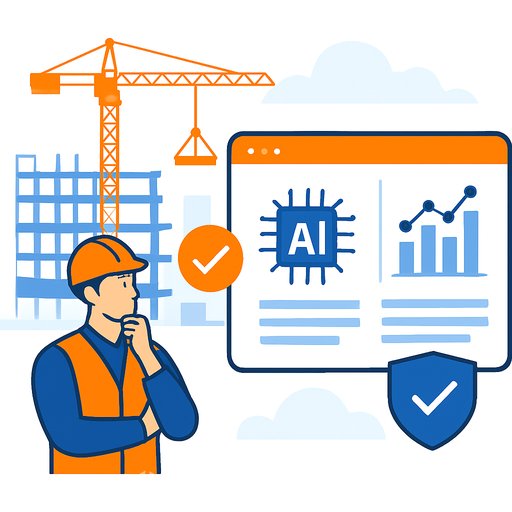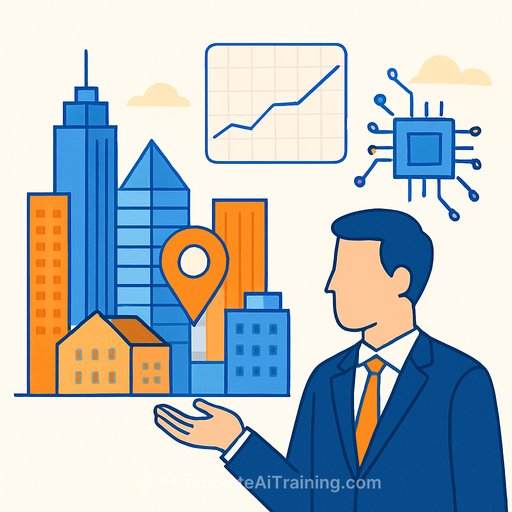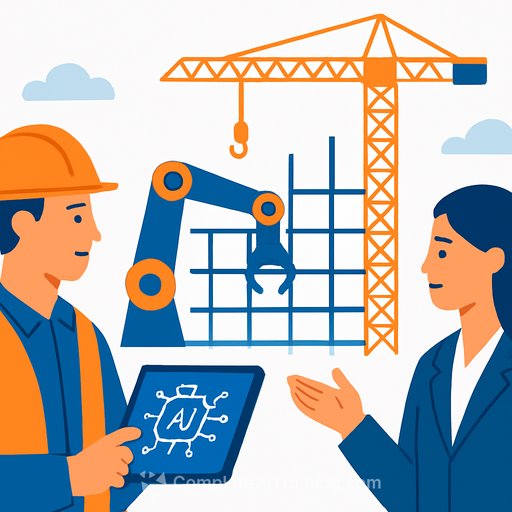‘If it doesn’t exist, create it,’ Josef Kleindienst on Real Estate Innovation and AI-Powered Hospitality
Josef Kleindienst shares insights on underwater living, AI-powered hospitality, coral ecosystem restoration, and building a lasting legacy in real estate development.
Evolution of Kleindienst Group
Celebrating four decades in 2025, Kleindienst Group began with a simple principle: create what doesn’t yet exist. From two desks and one mindset, it has grown into Dubai’s largest European real estate developer, employing over 1,500 people across hospitality, tourism, marine engineering, and real estate.
The group’s flagship project, The Heart of Europe, is a $6 billion, six-island destination built from the sea up. It redefines luxury hospitality tourism through innovation and sustainability. This project was the first complex multi-island destination in Dubai’s The World development, overcoming unique regulatory, engineering, and environmental challenges without a blueprint to follow.
Recent milestones include the launch of voco Monaco Dubai, the completion of Sweden Beach Palace, and the Nice Hotel. These developments embody Kleindienst’s mission to create bold, experiential, and climate-positive communities that offer world-class experiences. The group’s work goes beyond building resorts; it delivers a vision and sets a new standard for experiential tourism in Dubai.
Innovation in Real Estate and Hospitality
Innovation is the foundation of Kleindienst Group’s approach. The Heart of Europe features pioneering elements such as underwater bedrooms, climate-controlled streets, car-free islands powered entirely by solar energy, and an upcoming Snow Plaza. These features are engineered experiences designed to immerse guests in extraordinary environments.
Looking ahead, the group is set to launch the region’s first Buddha-Bar Hotel & Floating Villas, an $817 million luxury wellness destination on Honeymoon Island. This project combines floating villas, coral-rich diving zones, and marine-inspired architecture. It represents a key step towards restorative, experience-led tourism aligned with Dubai’s innovation and sustainability goals.
Sustainability in Development
Sustainability is integral to every aspect of Kleindienst Group’s developments. The Heart of Europe operates on 100% solar power, features car-free mobility, zero-discharge systems, and water recycling exceeding 97%. The Coral Institute leads restoration efforts, having replanted over 100,000 coral fragments to create thriving artificial reefs that support marine biodiversity.
These reefs serve as both conservation areas and attractions, allowing guests to explore vibrant underwater habitats directly from their villas. This integration of tourism and environmental restoration creates a sustainable model where guests actively contribute to ecosystem health.
Leveraging AI in Hospitality
Kleindienst Group integrates AI to build intelligent, responsive ecosystems. Its AI concierge, Olivia, offers 24/7 real-time support to guests, brokers, media, and investors, ensuring smooth and personalized interactions.
Beyond customer engagement, AI is used to optimize project planning and enhance the overall hospitality experience. This focus on technology supports the group’s commitment to innovation and operational excellence.
Long-term Vision for The Heart of Europe
The Heart of Europe aims to become a destination in itself—a cultural and hospitality hub that brings the best of Europe to Dubai. Every phase aligns with national strategies like the UAE Tourism Strategy 2031 and Dubai’s D33 Economic Agenda.
The project emphasizes renewable energy, coral reef regeneration, smart infrastructure, and sustainable tourism investment. The goal is to create lasting value that is commercially viable, climate-positive, and experience-focused.
For developers, the advice is clear: build not just for today, but for what comes next. Success lies in creating projects that leave a lasting environmental, economic, and cultural legacy. If a project doesn’t contribute to the future, it’s simply construction.
Your membership also unlocks:






